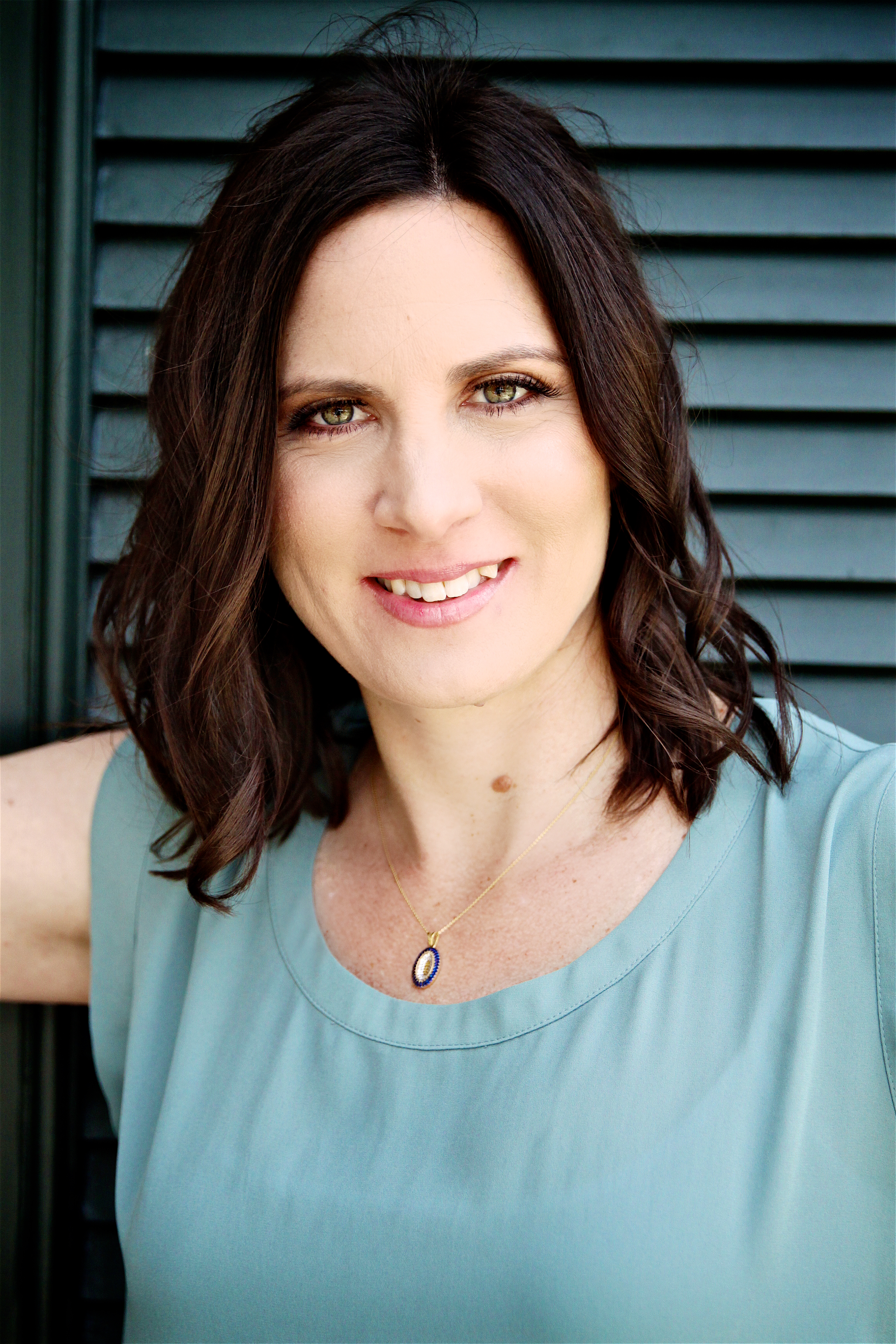If you are a teen or young adult who is struggling to find meaning and joy in your life, then I can help. Whether you’re feeling anxious, depressed, or stressed, I can help you sort through what the issues are, and how you can manage them in a way that lets you enjoy your life. I also have extensive experience helping adolescents work through traumatic experiences, so please reach out if that’s you.
What would your clients and colleagues say is your therapist superpower?
My intuition. I have an ability to find make connections and find solutions that are simple and make sense, but not necessarily obvious.
What does a typical session with you look like?
We usually spend a few minutes getting an update from my client on how things are going, and if there is anything they want to start with. Then I’ll ask questions or lead a discussion that is relevant to a client’s goals, sometimes teaching a few skills or concepts. I incorporate most of my therapeutic interventions within a normal conversation, so it feels comfortable and casual to my clients, while still being effective. Then at the end of session we usually speak more directly about an intervention or strategy for the client to try the following week.


What is your approach to working with clients?
I help by listening and really learning what you are going through. Then we work as a team to identify what thoughts a behaviors are getting in your way, and to come up with a plan to overcome them. I will also help you get clear on what you want from your life, and what steps you can take the get it.
If you are struggling, feeling disconnected from yourself, or dissatisfied with your life, then I’d love to help you reconnect to your true self, your passion, and your joy. Sometimes this includes looking at what’s going wrong, but soon you will be feeling better and able to build a life you enjoy.
Short Term (Solution-focused, etc.)
Ideal for those who are coming in with a specific problem they’d like to address and gain clarity on. Typically, short term therapies are present focused and do not dive deep into your past.
Structured
Structured therapies are goal and progress oriented. Therapists may incorporate psychoeducation and a specific “curriculum.” In order to stay on track, therapists may provide worksheets and homework.
Insight-oriented (Psychodynamic, Existential, etc.)
Exploring the past and making connections to present issues can help clients gain insight. Getting to the root of the issue and finding deeper self-awareness can help with long-term change.
Non-directive (Humanistic, Person-centered, etc.)
Going with the flow and seeing where it leads.
Behavioral (CBT, DBT, etc.)
Focuses on changing potentially unhealthy or self-destructive behaviors by addressing problematic thought patterns and specific providing coping skills.
Trauma Focused (EMDR, TF-CBT, etc.)
Recognizing the connection between trauma experiences and your emotional and behavioral responses, trauma focused therapy seeks to help you heal from traumas.